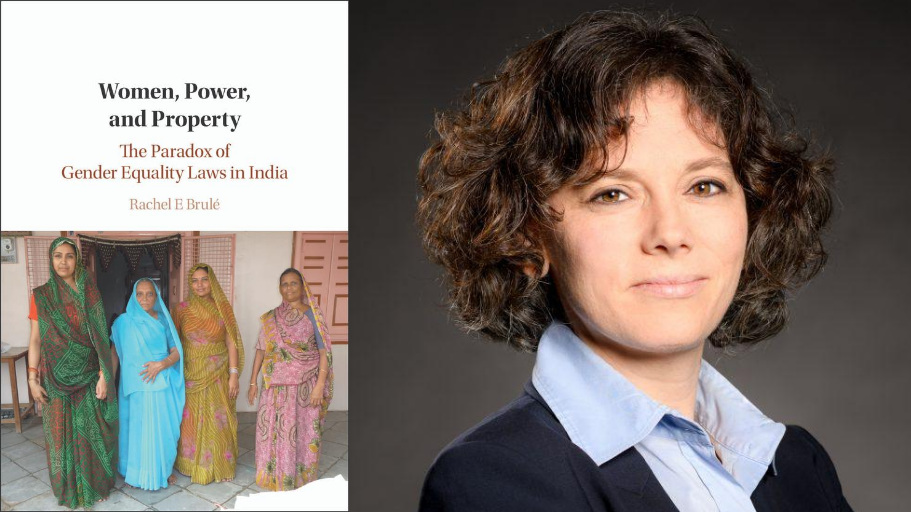Brulé Quoted on Global Gender Equality and Anti-Feminist Backlashes

Rachel Brulé, Assistant Professor of Global Development Policy at the Frederick S. Pardee School of Global Studies at Boston University, was quoted in a New York Times article on anti-feminist backlash as well as her research on women’s rights and political participation in India.
The article, titled “When a bargain breaks down, who loses?,” is part of the publication’s “Interpreter” column, which explores the ideas and context behind major world events. In it, the author discusses anti-feminist practices around the globe and how women’s protection and success come from their relationships with men in nearly every patriarchal society.
In citing Brulé’s research for her book Women, Power, and Property: The Paradox of Gender Equality Laws in India, which explores the backlash against women who try to claim their inheritance rights in India, the piece draws parallels between the MeToo movement as well as outrage surrounding the recent Depp v. Heard trial. In the communities Brulé studied, the changing patriarchal system did impact men and older women who relied on their sons; however, “it was the younger, married women trying to assert their rights ultimately who paid the highest price.”
The full article can be read on the New York Times‘ website.
Rachel Brulé is an Assistant Professor of Global Development Policy at the Frederick S. Pardee School of Global Studies at Boston University and core faculty of the Global Development Policy Center’s Human Capital Initiative. Her research interests are broadly in comparative politics, international development, political economy, and gender, with a geographical focus on South Asia. Read more about Professor Brulé on her faculty profile.